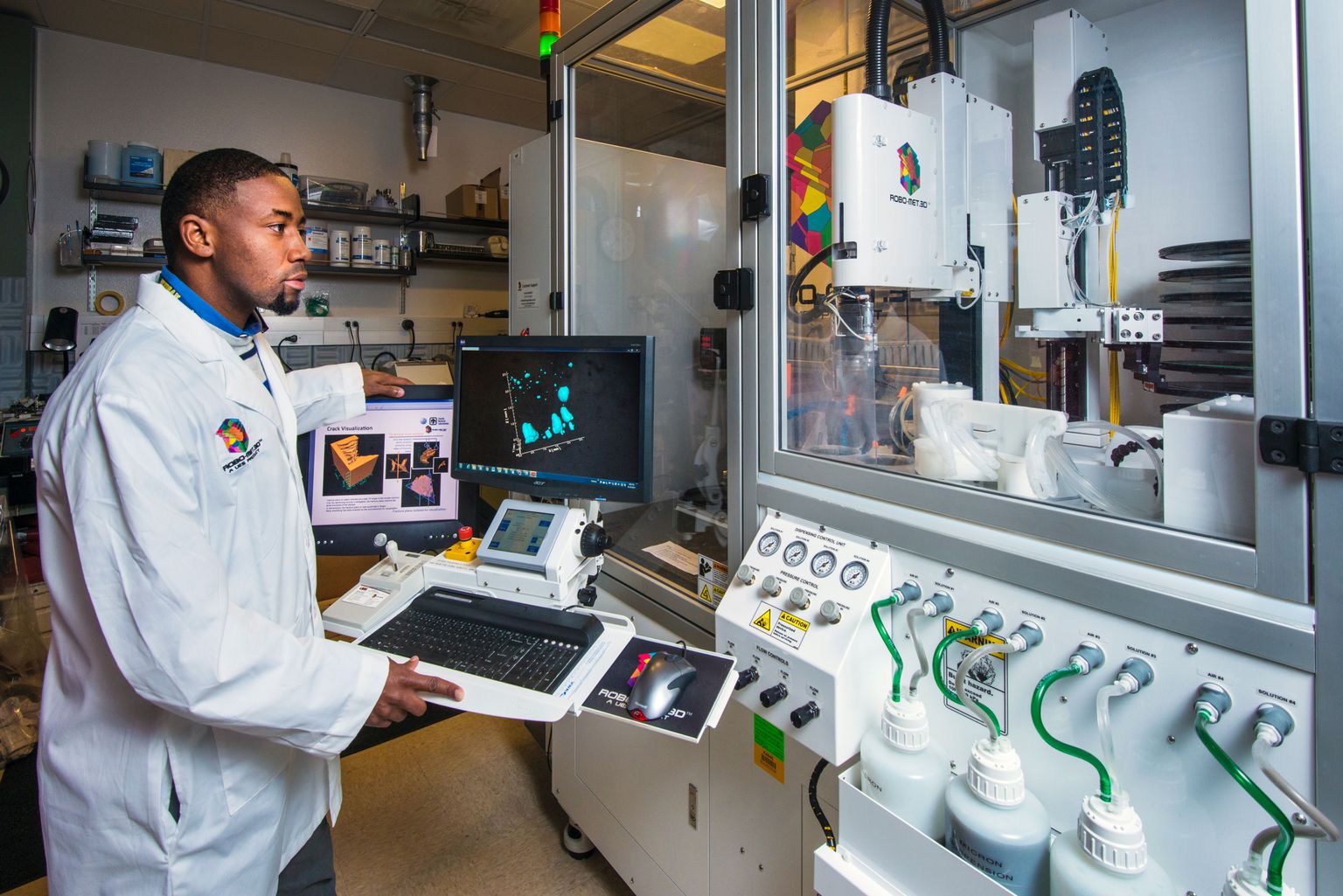Report Launch: Pandemic Preparedness and the Future of Healthcare

On October 28th, 2021, the Africa Europe Foundation launched its 2021 flagship report on ‘Pandemic Preparedness and the Future of Healthcare’, an appeal to reposition health and climate at the heart of a revitalised Africa-Europe partnership and build added resilience into healthcare systems following the COVID-19 pandemic.
“An excellent report that really sets out the opportunities for the Africa-Europe Foundation in shaping the agenda”
“An excellent report that … really sets out the opportunities for the Africa-Europe Foundation in shaping the agenda, in recasting the narrative of what Africa-Europe relations are; what could be achieved in recognising the inter-dependence between the two; and the nexus between climate and health,” said Zeinab Badawi, Member of the Africa-Europe Foundation’s High-Level Group of Personalities, President of SOAS, International Broadcaster and Member of the Board of the Mo Ibrahim Foundation.
The report, presented by the AEF’s High-Level Group of Personalities and supported by the World Health Summit, was launched in an online debate featuring experts from both continents.
“What COVID has taught us is: we are not alone, we cannot do it alone.”
Dr Wuleta Lemma, Honorary Associate Professor and Director of the Centre for Digital Health and AI at Wollo University (Ethiopia), CEO of Lalibela Global-Networks and Member of the Africa-Europe Foundation Strategy Group on Health, outlined the report’s key findings and recommendations.
They include ensuring financial, manufacturing and supply-chain sovereignty in health; taking a holistic approach to health-climate-development nexus; and developing digital tools for strengthening healthcare systems.
“What COVID has taught us is: we are not alone, we cannot do it alone,” Lemma said. “We have to use the experience of COVID to bring more collaboration, more working together and more innovation, so that Africa and Europe can prepare for the next pandemic and also use this pandemic to build a resilient health system.”
“The need for global action has been so clear during the global COVID pandemic.”
To make that a reality, the report contains concrete guidelines pointing the way forward, including a commitment to increase the number of vaccine, medical-equipment, and pharmaceutical manufacturing hubs in Africa; setting up a Europe-Africa health workforce observatory; and a political declaration from European and African leaders at the upcoming COP26 climate conference in Glasgow that recognises the impact of the climate crisis on health and commits to building climate-resilient health systems.

To make that a reality, the report contains concrete guidelines pointing the way forward, including a commitment to increase the number of vaccine, medical-equipment, and pharmaceutical manufacturing hubs in Africa; setting up a Europe-Africa health workforce observatory; and a political declaration from European and African leaders at the upcoming COP26 climate conference in Glasgow that recognises the impact of the climate crisis on health and commits to building climate-resilient health systems.
“As we do in this report, we must link people’s health to the health of our planet,” said Gunilla Carlsson, Co-Chair of the Africa-Europe Foundation Strategy Group on Health and Vice-Chair of the Strategy Committee at the Global Fund to Fight AIDS, Tuberculosis and Malaria.
“We must rethink the way we organise health, rethink the imbalances among those who have and those who don’t,” she added, pointing to the failure to secure adequate supplies of coronavirus vaccines to Africa. “The need for global action has been so clear during the global COVID pandemic and we know that no one is safe until everyone is safe.”